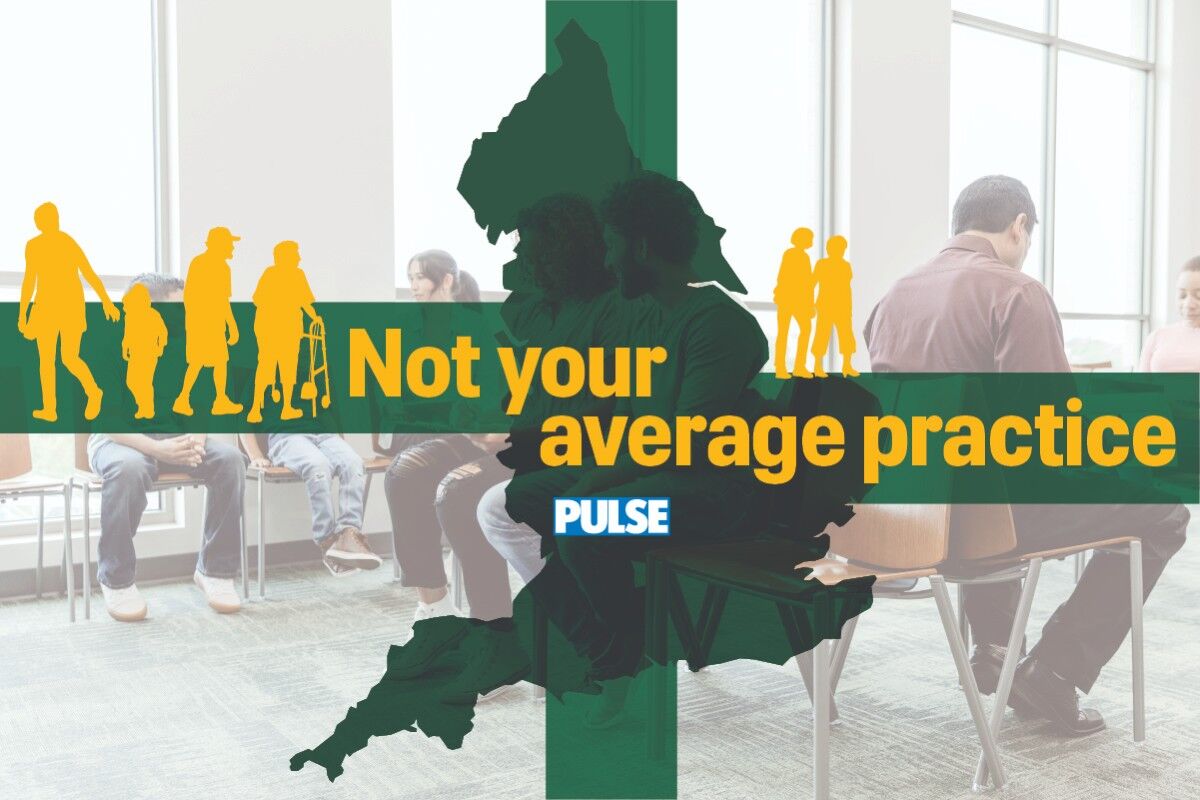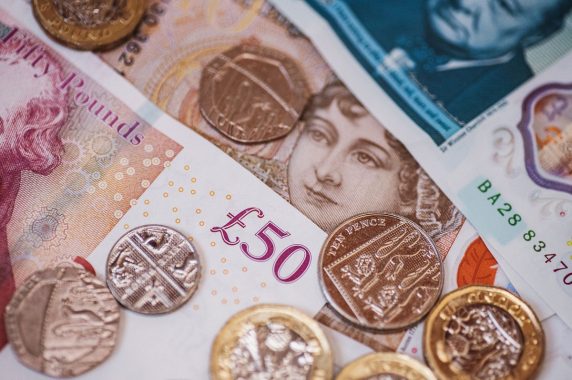GP partner income increased faster than their expenses in 2020/21, for the first time since 2005/06, according to official data.
The average earnings across all types of GPs in England increased by 11.1% during the financial year, NHS Digital data published today has shown.
The statistics showed that the ratio of expenses to earnings, which represents the proportion of gross earnings taken up by expenses, was 67.6% in 2020/21 – a 2.1% point decrease since 2019/20.
Last year’s report had made clear that ‘since 2005/06, expenses have been increasing at a faster rate than income before tax for GPMS contractor GPs in England, resulting in an expenses to earnings ratio which has grown each year’.
But this year’s report, which relates to 2020/21, said the average GP partner earned £142,000 before tax – a statistically significant 16.6% increase from 2019/20 – while the average income for salaried GPs rose by 2.0%, from £63,600 to £64,900.
The data also showed that GP partners’ expenses rose by 5.7%, to £296,700.
Overall, the average earnings for all GPs across England increased by 11.1% to £111,900.
Jenny Stone, partner at RBP Chartered Accountants, told Pulse the majority of RBP’s clients had an increase in profits in 2020/21, but said this was ‘a temporary increase’ and mainly due to ‘income being protected, Covid support money, Covid vaccination income and spending less on clinical costs such as locums during the first lockdown’.
She added that clients’ 2021/22 accounts show profits have stabilised, ‘however for 2022/23 we are anticipating that profits will fall’.
Ms Stone said: ‘This is due to the fact that the global sum increase was intended to give a 2.1% pay rise, however this was agreed before the pandemic, increase in National Insurance and recent cost of living crisis.’
BMA England GP committee chair Dr Farah Jameel said the figures ‘reflect the monumental efforts GPs made to the pandemic response and their leading role in the vaccination campaign’, as well as ‘the additional short-term and temporary emergency Covid response funding given to practices to enable them to successfully deliver the vaccination programme, despite huge and historic workforce shortages’.
She said: ‘This was not a “pay deal”, and as the Government’s own data shows, it also comes after real-terms cuts in GP income over the previous 15 years.’
Dr Jameel said: ‘Sessional GPs of course played a pivotal role but may have seen their working hours or arrangements impacted by the pandemic as services were reconfigured; regional variations, and workforce supply and demand impacted their income too.
‘Meanwhile partners as contract holders take on all the risks and responsibilities of running a practice, and they hold the liability when times get hard – as we are seeing right now with huge increases in inflation and the rising costs of energy.
‘The cost-of-living crisis and energy crisis – alongside an NHS staffing crisis – will now impact deeply on patient care, threatening the very existence of some practices.’
Pulse learned last month that GP practices could face losses of tens of thousands of pounds due to rising inflation.
The Government confirmed to Pulse in July that GP practices will not get funding uplift to cover the recommended pay rise of 4.5% for salaried GPs and staff.
In response to the ‘derisory’ pay award, the BMA’s GP Committee has been given a mandate to explore GP industrial action.
Accountants: GP expenses set to rise
Practice expenses RBP accountants anticipate will ‘increase significantly over the coming year, reducing GP profits across the country’:
-
staff pay rises
-
increase in employers’ National Insurance
-
salaried GP pay rise following the recent DDRB announcement
-
increase in locum costs
-
increase in energy costs and general running of the practice.
-
mortgage interest rates for property-owning partners
In 2020, an independent review found that GPs have the highest gender pay gap among doctors working in the NHS, with women earning significantly less than men.
Data from January 2020 also found that almost 90% of GPs earn less than £100,000 a year, despite the figures highlighting that payment stretches to more than £600,000 in one case.











Just as I suspected, it was not a ‘real’ real-terms income increase, it was due to nobody taking holidays, and hence less expenses on locums. The only reason partners earned more appears to be because they worked more weeks of the year and took less leave for either holidays or other face-to-face meetings, which were just attended remotely or saved up for later!
The same would be true for employed hospital nurses as well, who did more overtime and took less leave – or were paid in lieu of leave – so total earnings were higher,
However, no doubt certain newspapers will use it as a stick to beat GPs with, even locums and salaried ones, whilst NHSE/DoH will want the DDRB to deduct it from next year’s pay rises.
We did actually have an increase in our practice income last year – but seems to be from all the COVID vaccination clinics – that felt like we ran nearly all day every day including evening + weekends.
The extra money was quite exhausting and not sustainable however, and we have probably spent it all on locums this year as can’t get enough GPs.
The 11% increase is after a 30% real-terms reduction over 15 years.
It is a temporary blip, will be down this year and down very significantly the year after – unless something changes.
Oh for goodness sake the increase in profit is due to
1. Increased money coming in from Covid clinics
2. Less partners to share the money with because we cannot recruit.
3. Less locums around so unable to spend any money on locums either
This is data at its worse, utterly meaningless and used with the intent to cause further damage
“GP partner earnings see first real-terms increase in 15 years”
Practice Heating Bills:
“Hold my beer”
It’s an anomaly.
Tomorrow the Daily Hail wait for the beating they will continue.
get a fag packet and do some sums:
work out how much “extra” you have earned. then work out how many extra hours you have had to put in – don’t forget all the hours titting about, chasing people, making phone calls, doing that important “training” to give covid jabs (including any travelling time). then take off any expenses. then take off the tax you will pay (which will go towards paying for someone on benefits to get a bigger, better television than you). then work out your hourly rate.
then………pour yourself out a cider, and sit back and ask yourself if all that effort was worth it !
Yes we saw a modest profit increase 20-2021 due to reasons already given above. Dropped back in 21-2022. First signs are that profits are falling off a cliff for 22-2023.
So big legacy tax bill + falling profits = difficult cash flow. Mr Micawber would be very worried.
THIS IS FAKE NEWS….I AM A PARTNER, LIFE IS SHIT AND I EARN THE SAME AS A SALARIED GP….PAY GPs IN DEPRIVED AREAS MORE OR WE WILL ALL LEAVE…..IT IS A GROSSLY UNDERPAID SHITHOLE
Soaring energy costs mean we’ll all soon be facing the difficult choice between heating or treating.
Well that’s a bit of an eye opener.
142000 for the average GP partner in England??
I’d thought I was well paid till I read that.
I would question its accuracy but the methodology looks pretty simple – figures coming from tax returns.